How to Pick a Safety School for Your College List
/Harriet Tubman, the great worker of the Underground Railroad, once wrote about dreams, “Every great dream begins with a dreamer. Always remember, you have within you the strength, the patience, and the passion to reach for the stars to change the world.” When we apply to college, and look for the institution whose name is going to be right above our degree type and our full name with a bunch of scribbles at the bottom that are supposed to be names, we oftentimes dream. When picking the colleges of our choice we are told to dream, to be realistic, and to be confident, as we compile a list of reach, match, and safety schools. While some of us have great success when applying to our match and reach schools, the rest of us may not be so lucky. Safety schools are schools that you are basically guaranteed to be accepted to. This usually means that your academic profile (GPA and ACT/SAT scores) are well above your school’s average. Depending on your resume as whole, some people will apply to five safety schools, and others will take a risk and only apply to one. No matter how many you decide to apply to, they are still colleges that you’re spending precious time and money on with applications.
Sometimes we become overconfident in our resume and application, which leads to neglecting our baby blankets (our safety schools), even though in the end they could easily be all we have left once April comes around. Some of us either pick safety schools that aren’t really safe, or schools that we don’t really like, and end up being stuck somewhere where we feel we can do anything but our dreams. The last position you want to be in is telling everyone that asks you that you will be attending your safety with a face filled with disappointment and sadness that someone may’ve thought your cat just died. To avoid the face that with one snap of a camera could become a meme gone viral, here are some things to consider when picking your safety schools:

-
The Cost
You want to consider the cost of your safety school, as cost is a factor that you’ll (most likely) consider when in the college process in the first place. From experience, I’ve found that some smaller state schools or some lesser known private schools have scholarships that are guaranteed based off of GPA and SAT and/or ACT scores. Schools that have these scholarships are great institutions to consider because if it’s a safety, you’ll be some of the most qualified applicants, your chances of getting these will be likely. If they don’t have guaranteed scholarships, you can call the safety schools you’re considering and see if they have some sort of informal threshold for merit based scholarships.
-
Academic Excellence in a Variety of Programs
According to the University of La Verne, 50-70% of college students change their major sometime during their college career. Even if you think you’ll stick with your intended major throughout your undergraduate experience, the odds may be ever in your favor, and you may find yourself going from a science to an art major after the first semester. Because of this risk factor, make sure that you pick safety schools that have your intended major in addition to other schools of interest. This may be easier if you only see yourself liking generic majors, but if you have interests in things like business or journalism that generally have unique individual’s schools within a university, look for these in your safety schools to avoid transferring later.

-
Your “Must-Haves”
Just like home buyers have on shows like House Hunters of Love it or List It, when looking for colleges you may have a mental list “must-haves” that you want in a college. Whether you must haves a dominant party scene, a library open 24/7, or warm weather, just because it is a safety doesn’t mean you should let it sacrifice in one area or another. You want to be just as picky with how you pick your safety schools as you are with your match schools.
Good luck college searching!
WANT TO LEARN MORE ABOUT COLLEGE ADMISSIONS? CHECK OUT THE YGITW BOOK HERE!
LOOKING FOR A HIGH SCHOOL OR COLLEGE INTERNSHIP? APPLY HERE!
PHOTO CREDITS:
http://weknowmemes.com/2012/07/dont-give-up-on-your-dreams/
http://www.mememaker.net/meme/its-all-about-the-money-money-money/
http://angelicapinto.com/2016/07/4-things-may-want-take-off-home-buying-must-list/



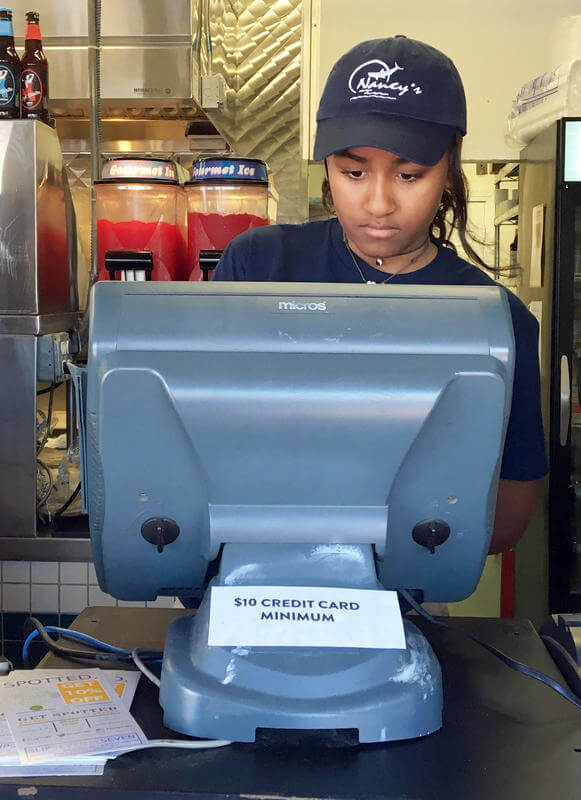


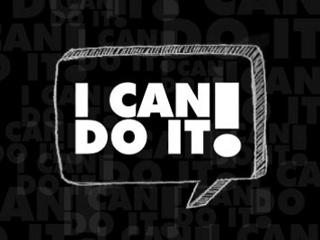










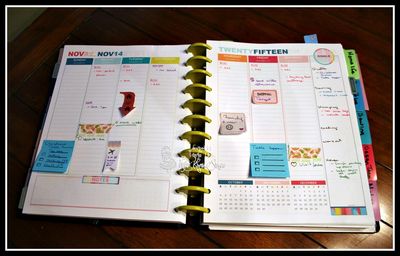
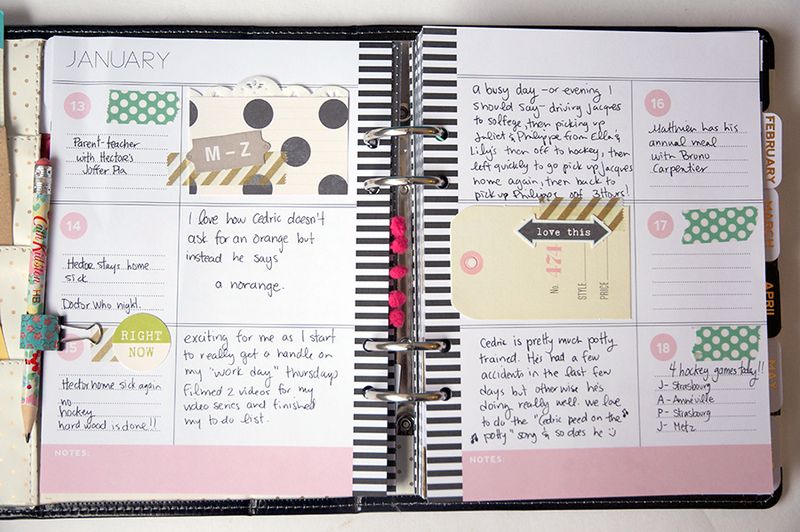








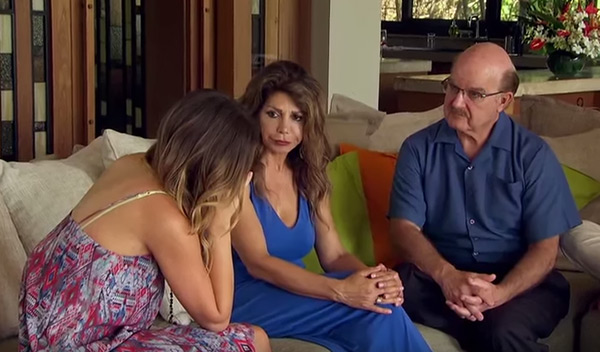






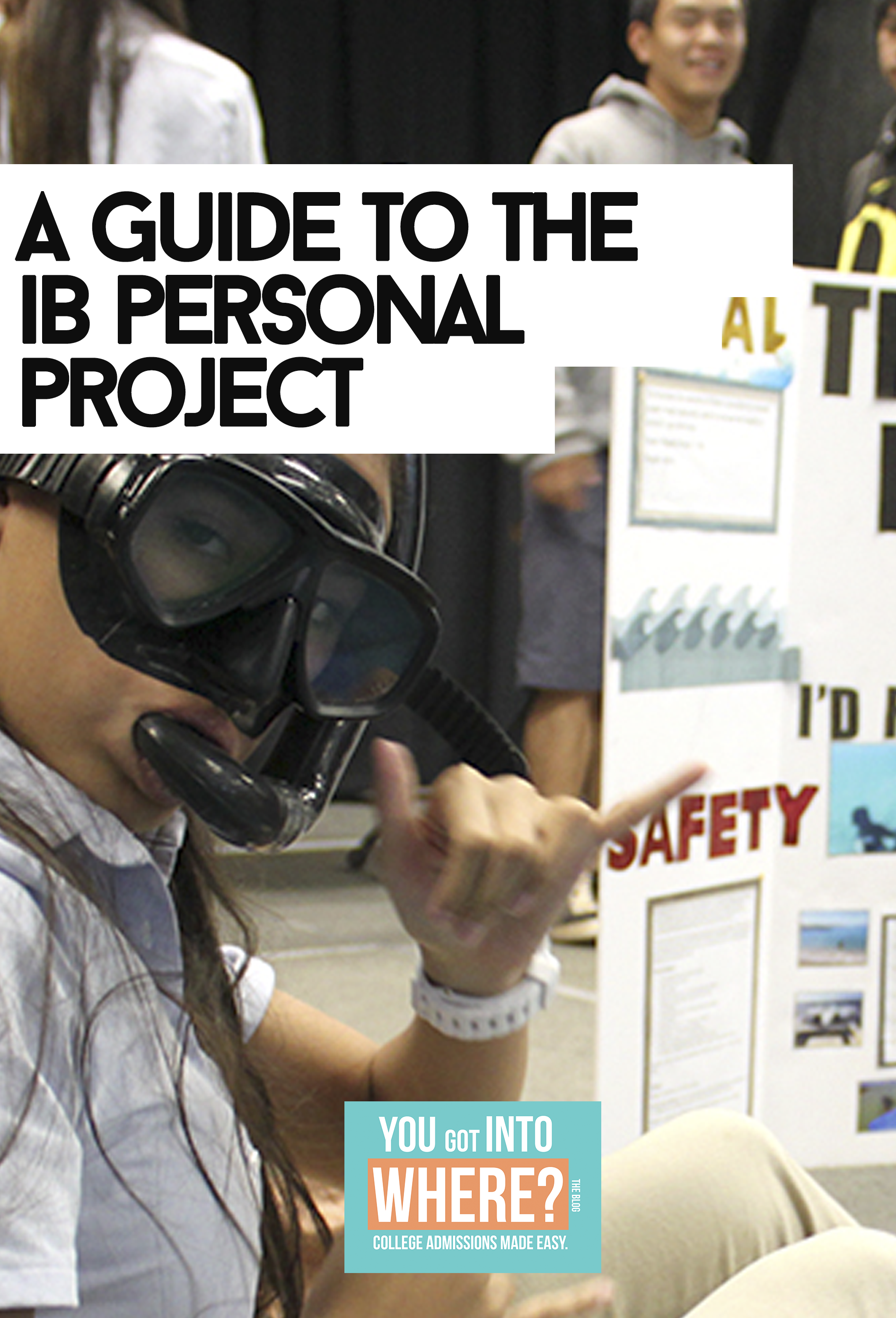
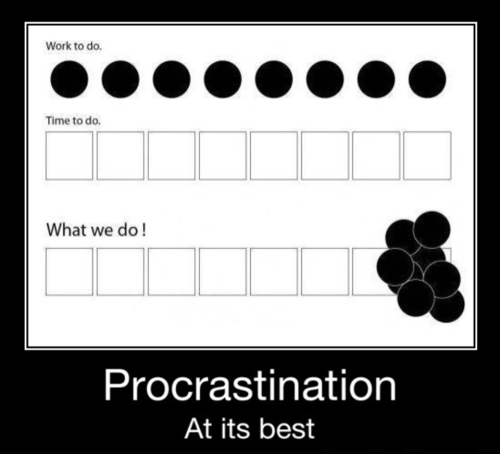




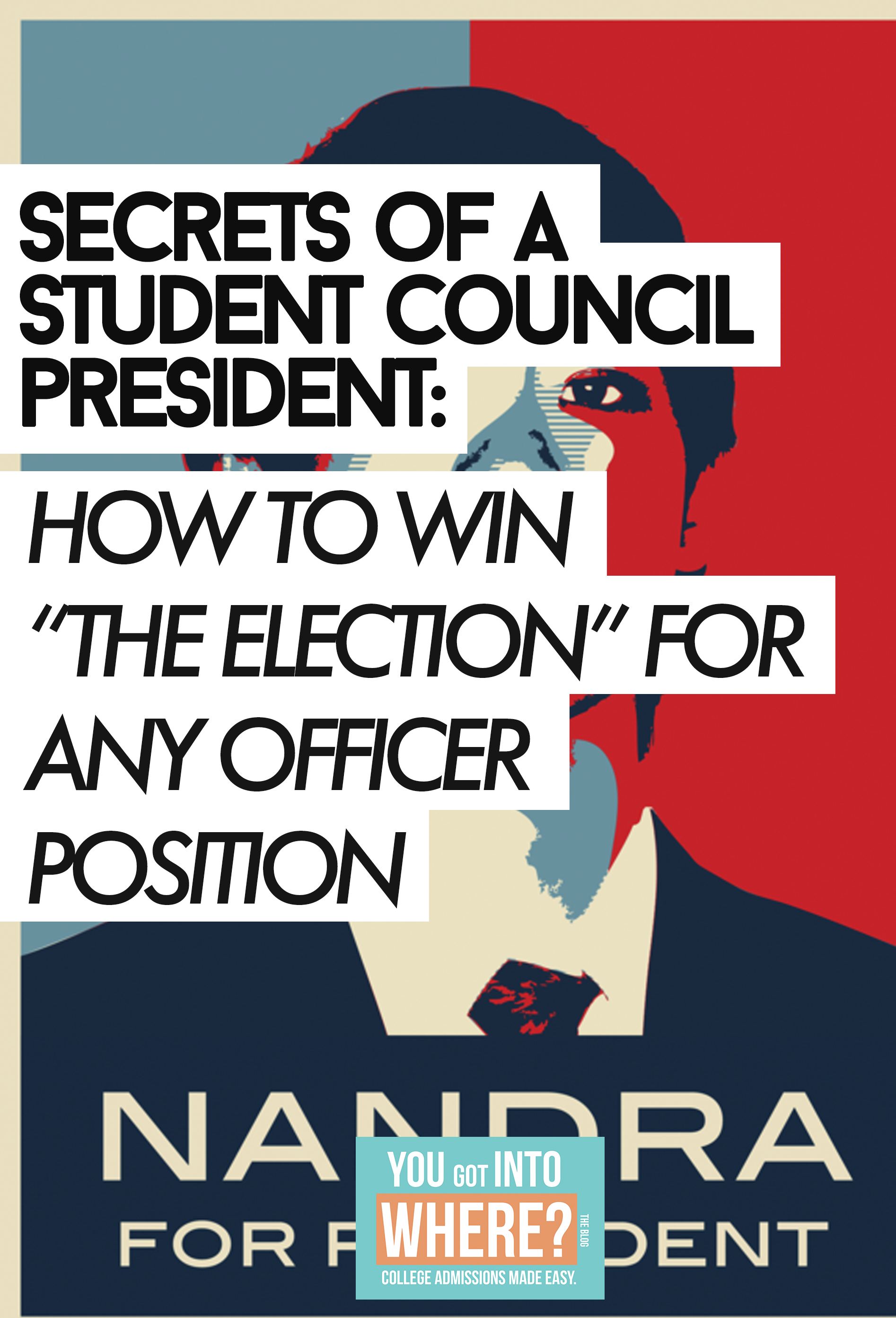







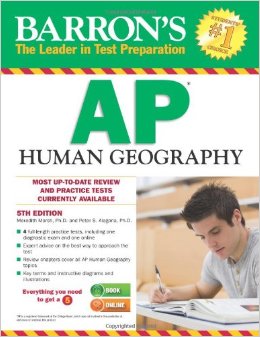


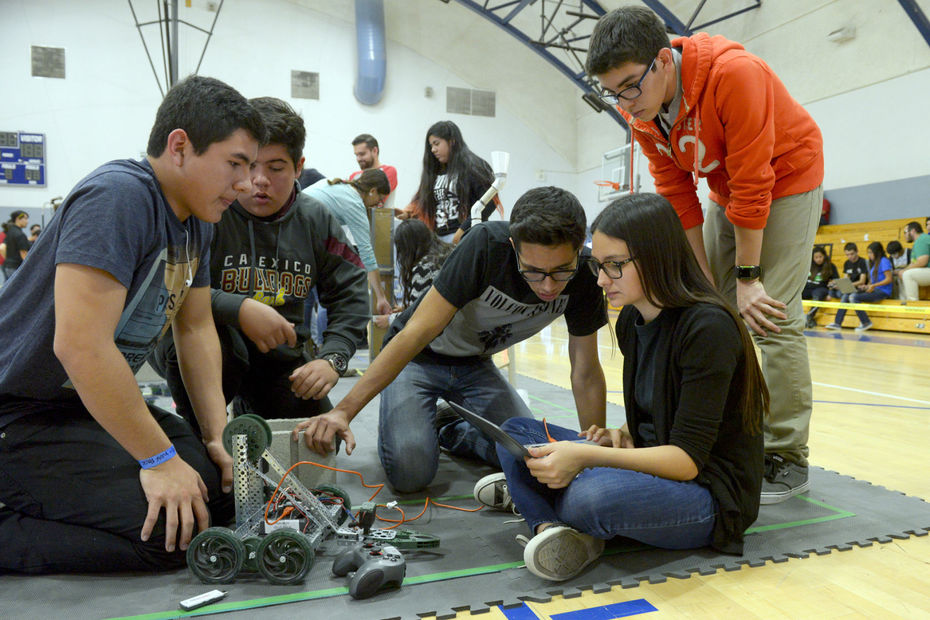




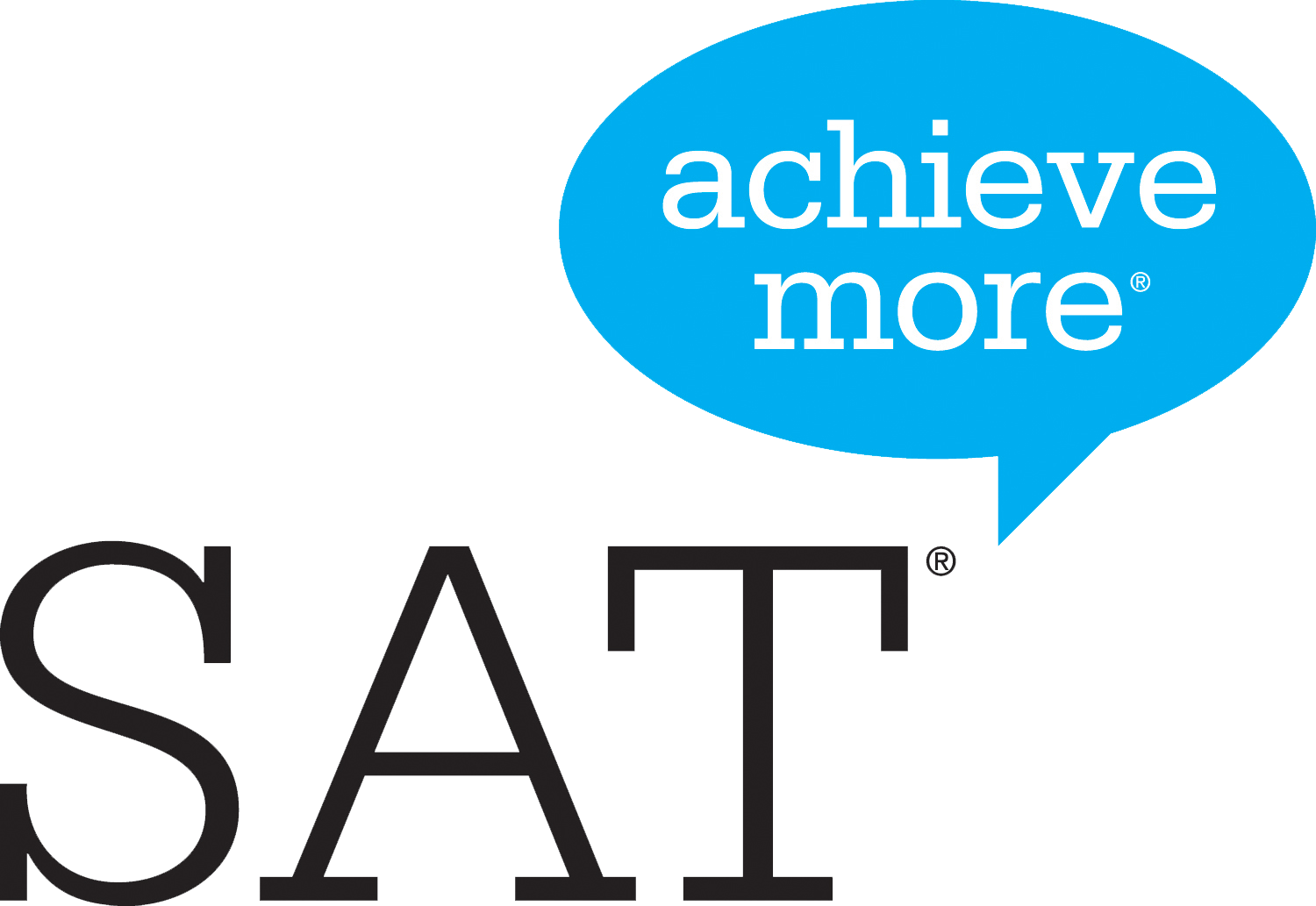 All in all, I don’t regret taking the SAT course over the summer, and will be continuing in the school year for another five weeks. I feel a lot more confident taking tests, and it gets easier to sit down and focus for such a long period of time. I’ve also met a group of great people who I can compete with in a friendly way to help myself improve. SAT courses aren’t for everybody, but I recommend it for people who need something to help them along the path to a higher score.
All in all, I don’t regret taking the SAT course over the summer, and will be continuing in the school year for another five weeks. I feel a lot more confident taking tests, and it gets easier to sit down and focus for such a long period of time. I’ve also met a group of great people who I can compete with in a friendly way to help myself improve. SAT courses aren’t for everybody, but I recommend it for people who need something to help them along the path to a higher score.





